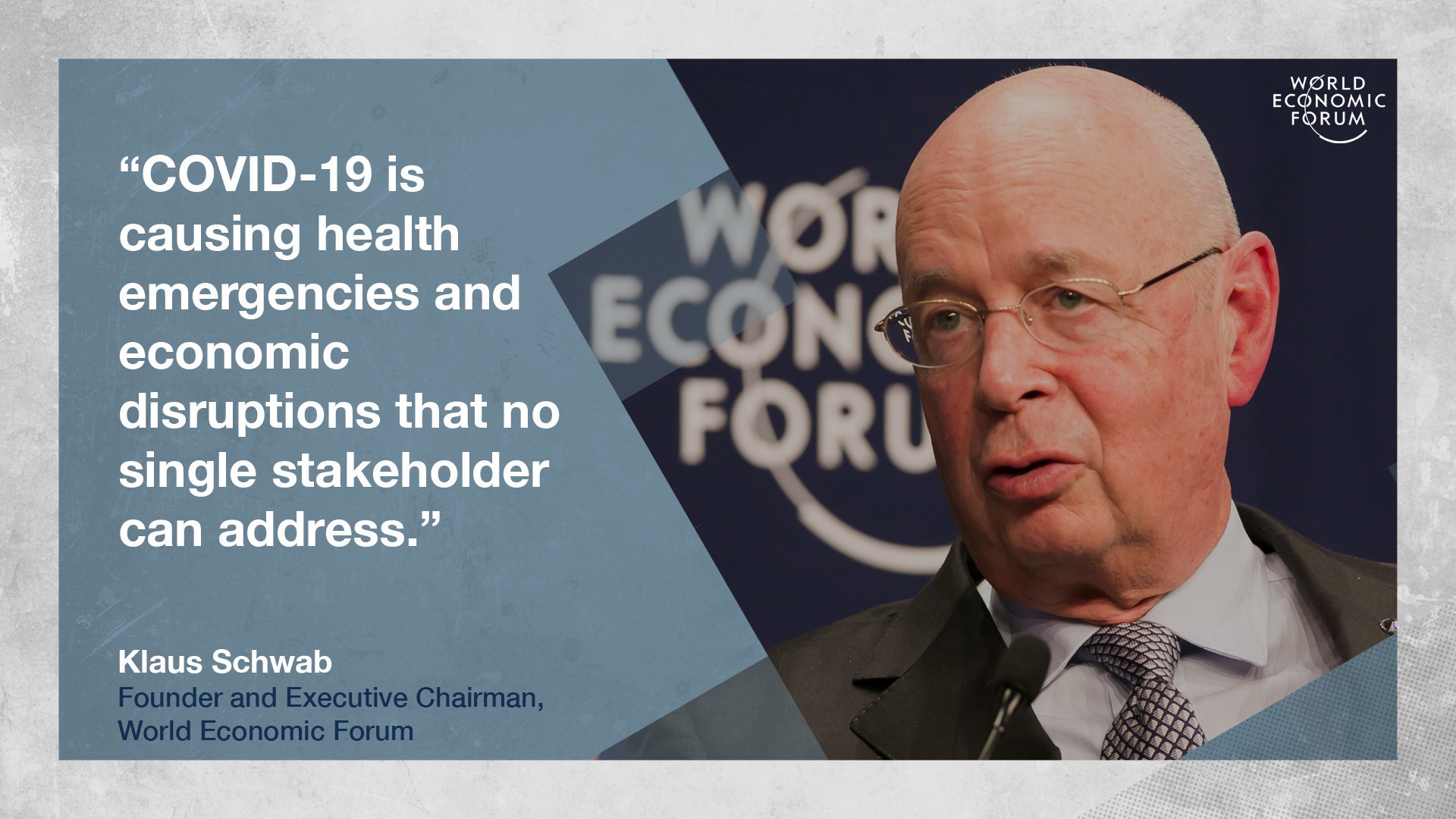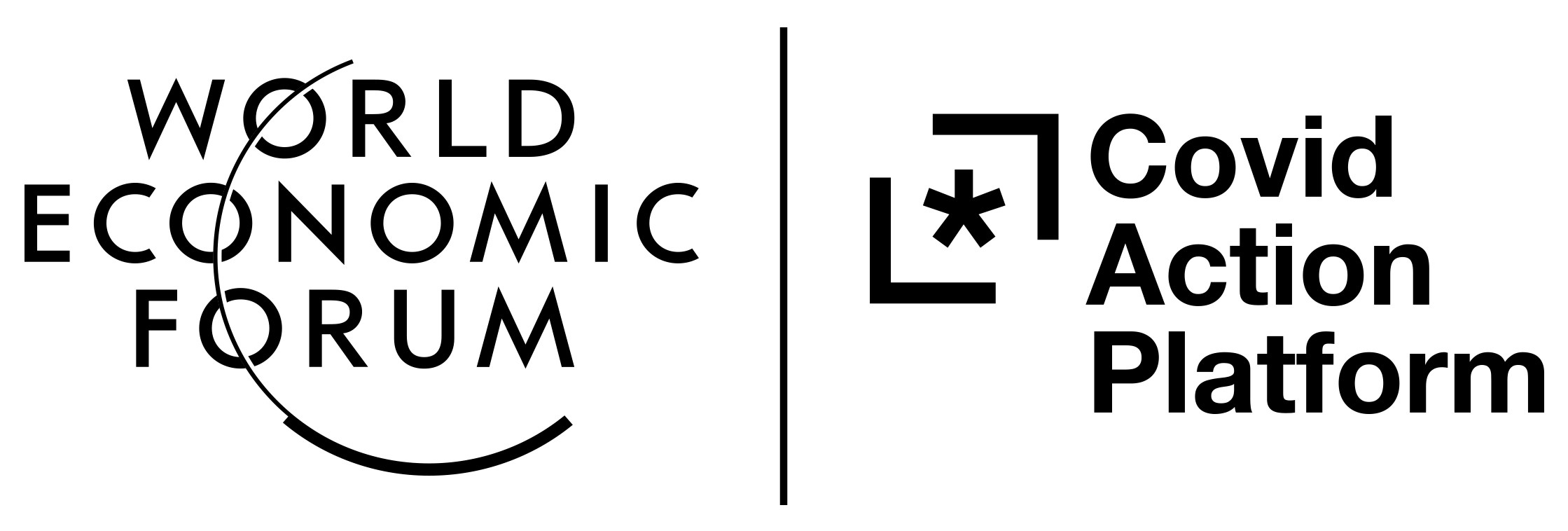- The World Health Organization held a media briefing on 6 May to update the public on the COVID-19 coronavirus pandemic.
- Major gaps in public health investment are undermining health and welfare around the globe, officials said.
- Public health gaps are putting global security and economic development at risk and will need to be addressed in the long term.
As countries steel themselves against future health crises, they should not ignore basic investments in their health systems.
The coronavirus crisis has revealed the importance of national and sub-national health systems, World Health Organization (WHO) Director-General Dr Tedros Adhanom Ghebreyesus said at a briefing Wednesday in Geneva. Together, these systems comprise “the foundation of global health security”.
Top WHO officials have frequently stressed that fighting COVID-19 requires a comprehensive approach, including health systems stocked with adequate equipment and trained staff. Strong health systems are one of six elements - along with contact tracing and testing - that WHO officials have identified as essential for managing the virus' spread regardless of its transmission phase.
Resilient health systems are also essential beyond the coronavirus crisis, said the Director-General: “Strong and resilient health systems are the best defence not only against outbreaks and pandemics, but also against the multiple health threats that people around the world face every day."
According to one estimate from the UN, more than 5 billion people will lack access to essential health services by 2030. Those services include the ability to see a health worker, access to essential medicines and running water in hospitals.
This access is complicated by a shortage of trained healthcare workers. The 2020 State of the World's Nursing report found that the world would need 6 million more nurses by 2030 to reach global health targets. Shortages of health care workers are felt most acutely in low- and middle-income countries.

We need more nurses, finds the World Health Organization's new report.
Image: State of the World’s Nursing, 2020
This year will bring additional challenges, as the efforts to find a vaccine for COVID-19 disrupt existing vaccination programs. For instance, according to one worst-case estimate, malaria deaths in Sub-Saharan Africa could double, given the suspension of insecticide-treated net campaigns and blocked access to antimalarial medicine.

How health service disruptions caused by COVID-19 could impact malaria deaths.
Image: WHO
The world currently spends approximately $7.5 trillion on health each year, or 10% of global gross domestic product (GDP). While spending has increased steadily, dangerous public health gaps exist, especially in rural or conflict-ridden areas where access is difficult and infrastructure is lacking.
According to the UN study “Primary Health Care on the Road to Universal Health Coverage,” increasing spending on primary health care in just low- and middle-income countries by $200 billion annually could save 60 million lives.
A new strain of Coronavirus, COVID 19, is spreading around the world, causing deaths and major disruption to the global economy.
Responding to this crisis requires global cooperation among governments, international organizations and the business community, which is at the centre of the World Economic Forum’s mission as the International Organization for Public-Private Cooperation.

The Forum has created the COVID Action Platform, a global platform to convene the business community for collective action, protect people’s livelihoods and facilitate business continuity, and mobilize support for the COVID-19 response. The platform is created with the support of the World Health Organization and is open to all businesses and industry groups, as well as other stakeholders, aiming to integrate and inform joint action.

As an organization, the Forum has a track record of supporting efforts to contain epidemics. In 2017, at our Annual Meeting, the Coalition for Epidemic Preparedness Innovations (CEPI) was launched – bringing together experts from government, business, health, academia and civil society to accelerate the development of vaccines. CEPI is currently supporting the race to develop a vaccine against this strand of the coronavirus.
Health gaps can have a range of consequences, the WHO's top official explained: “Gaps like these don’t just undermine the health of individuals, families and communities. They also put global security and economic development at risk."
“Prevention is not only better than cure,” said the Director General, “it’s cheaper, and the smartest thing to do."
He added: "The COVID-19 pandemic will eventually recede, but there can be no going back to business as usual."
License and Republishing
World Economic Forum articles may be republished in accordance with our Terms of Use.
"who" - Google News
May 07, 2020 at 02:34AM
https://ift.tt/3c6oZLU
COVID-19 reveals gaps in health systems: WHO Briefing - World Economic Forum
"who" - Google News
https://ift.tt/36dvnyn
https://ift.tt/35spnC7
Bagikan Berita Ini















0 Response to "COVID-19 reveals gaps in health systems: WHO Briefing - World Economic Forum"
Post a Comment